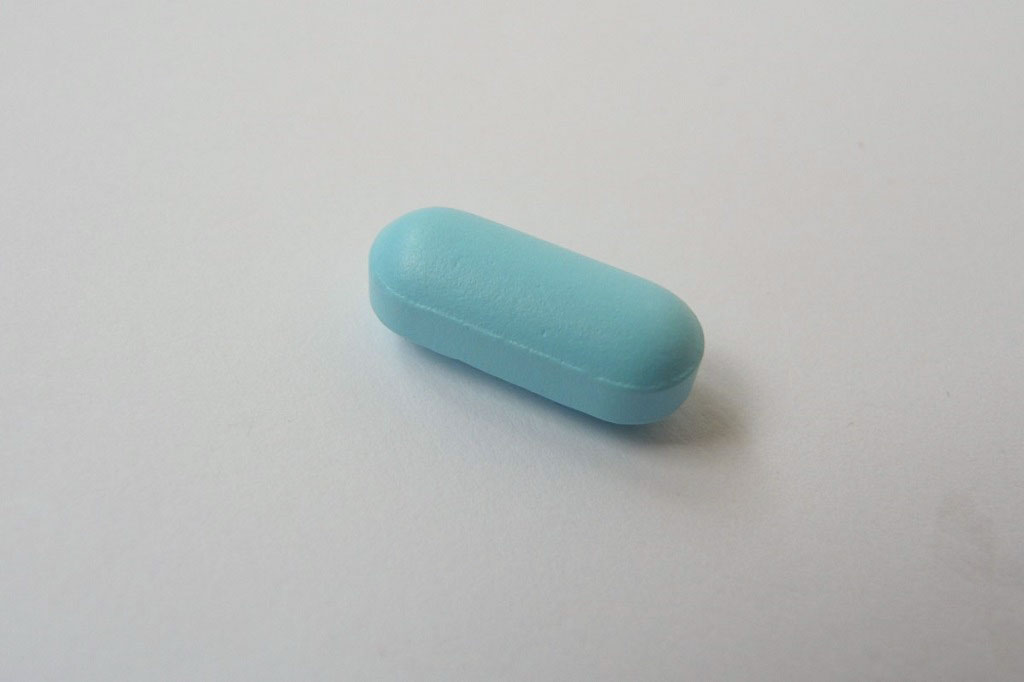Study finds daily aspirin 'harmful'
Heart and lungs
The Daily Telegraph warns that “aspirin does more harm than good in healthy people”. It said scientists have found taking aspirin does not significantly reduce the
The Daily Telegraph warns that “aspirin does more harm than good in healthy people”. It said scientists have found taking aspirin does not significantly reduce the risk of a heart attack in healthy people, but that it “almost doubles the risk of being admitted to hospital due to internal bleeding”. One of the study’s authors, Professor Gerry Fowkes, said: “Our research suggests that aspirin should not be prescribed to the general population at this stage.”
This research suggests that low dose aspirin may not reduce risk of cardiovascular events in people without a history of heart problems, but who have one particular indicator of risk (a low ankle brachial index).
This research has not yet been published, so it is not possible to carry out a full assessment. However, the study’s design (a randomised controlled trial) is robust. Once published, it will need to be assessed in light of other research. It is also important that people's overall risk is considered, as it is likely that there are people who have not had a heart attack or stroke, but who have several risk factors, such as high blood pressure or cholesterol, who might still benefit from aspirin.
These results do not apply to people who have already had a heart attack or stroke and who are at greater risk of having an cardiovascular event.
Where did the story come from?
The research was carried out by Professor Gerry Fowkes and colleagues from the Wolfson Unit for Prevention of Peripheral Vascular Diseases in Edinburgh. The sources of funding are not reported in the press release but a previous publication reported that core funding for the study was provided by the British Heart Foundation and the Chief Scientist Office of the Scottish Executive.
The results of this study were presented at the European Society of Cardiology (ESC) 2009 Congress. They have not yet been published.
What kind of scientific study was this?
This was a randomised controlled trial called the Aspirin for Asymptomatic Atherosclerosis (AAA) study. Its aim was to investigate if taking aspirin cut the risk of having a fatal or non-fatal coronary event, stroke or needing a procedure for unblocking of arteries. Only limited details on how the study was carried out were available from the press release.
The researchers recruited 28,980 men and women aged 50 to 75 years in central Scotland who did not have symptoms of cardiovascular disease. These people were screened using the ankle brachial index (ABI) test, a test that calculates the ratio of blood pressure in the lower legs to that in the arms. A low ABI indicates there is a thickening of the walls of the arteries in the legs (peripheral vascular disease).
This test found 3,350 people with a low ABI (?0.95), who were randomly allocated to receive either 100mg aspirin once daily or a placebo. The use of interventions in groups such as this, who have not yet had a cardiovascular event such as a heart attack or stroke, is referred to as primary prevention.
The researchers then followed the participants up for an average of 8.2 years to see who had a fatal or non-fatal coronary event, stroke or procedure for unblocking of arteries (revascularisation). These outcomes were referred to as primary endpoint events. The events were identified through clinic visits at three months and one year, subsequent annual telephone checkups and intervening six monthly letters, participants’ GP records, Scottish hospital discharge records and death notifications. The researchers were also interested in deaths from any cause and other signs of arterial disease: chest pain (angina), pain on walking (intermittent claudication), mini-stroke (transient ischaemic attack). The researchers were able to follow up 95% of surviving participants, who were assessed as having taken their study medication (complied) for 60% of participant years of follow-up.
What were the results of the study?
During the study, 181 people in the aspirin group and 176 in the placebo group had a fatal or non-fatal coronary event, stroke or procedure for unblocking of arteries (primary endpoint events). There was no statistically significant difference between groups in the frequency of primary endpoint events (hazard ratio 1.03, 95% confidence intervals 0.84 to 1.27).
There was also no significant difference between the groups in the proportion of people who had either a primary endpoint event, or other signs of arterial disease (chest pain, intermittent pain on walking or transient ischaemic attack). The proportion of people who died from any cause during the study was similar in both groups (176 in the aspirin group and 186 in the placebo group).
In the aspirin group, 34 people (2%) experienced major bleeding and needed to be admitted to hospital, compared to 20 (1.2%) in the placebo group.
What interpretations did the researchers draw from these results?
The researchers conclude, “the routine use of aspirin for the primary prevention of vascular events in people with asymptomatic disease cannot be supported”.
They also suggest that using the ankle brachial index to identify people at higher risk of vascular events “is unlikely to be beneficial if aspirin is the intervention to be used in those found to be at higher risk”.
What does the NHS Knowledge Service make of this study?
A thorough assessment of the study is not yet possible, as it has not been published, and only limited details of its methods are available from the conference press release. However, the basic design of the study (a randomised controlled trial) is robust. In addition, another peer-reviewed publication has been based on this study.
This study suggests that low dose aspirin may not reduce risk of cardiovascular events in people who have not previously had an event, but who have a low ankle brachial index (ABI). The authors suggest that using the ABI test to identify people at higher risk of vascular events may not be helpful if low-dose aspirin is the only treatment that is offered to them. Professor Gerry Fowkes says, “It is possible that in the general population, aspirin could produce a smaller reduction in vascular events than this trial was designed to detect, but it is questionable whether such an effect, together with aspirin related morbidity, would justify the additional resources and healthcare requirements of an ABI screening programme.”
It is important to note that:
- These results do not apply to people who have already had a cardiovascular event (heart attack or stroke) and who are at greater risk of having an event than people who have not yet had an event.
- Some people are more likely to benefit from taking aspirin, for example, people with multiple risk factors, such as high blood pressure, cholesterol and diabetes are at a high risk of future heart attack and stroke.
- The annual absolute risk of the primary outcome (fatal or non-fatal coronary event, stroke or revascularisation) for all 3,350 recruits in this study was 1.35%. This means that, in general, the participants were at low risk of a future heart attack or stroke. This risk is lower than the 2% annual risk of vascular disease (20% over 10 years) at which drug therapy is recommended in the current UK guidance.
- The study was designed to have a high chance (80%) of detecting a 25% reduction in the risk of the events of interest with aspirin (from 12% to 9%). However, smaller differences might have been missed. A recent systematic review and meta analysis found a 12% overall reduction in risk in primary prevention studies, which was significant, but needed to be weighed up against an increased risk of extracranial bleeding. Once the results of the current study are published, they will need to be assessed in light of the results of this meta analysis.






 Subscribe
Subscribe Ask the doctor
Ask the doctor Rate this article
Rate this article Find products
Find products








